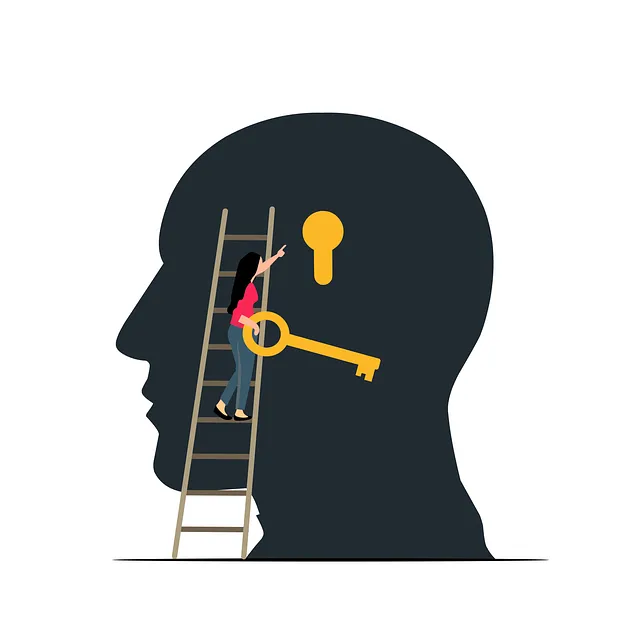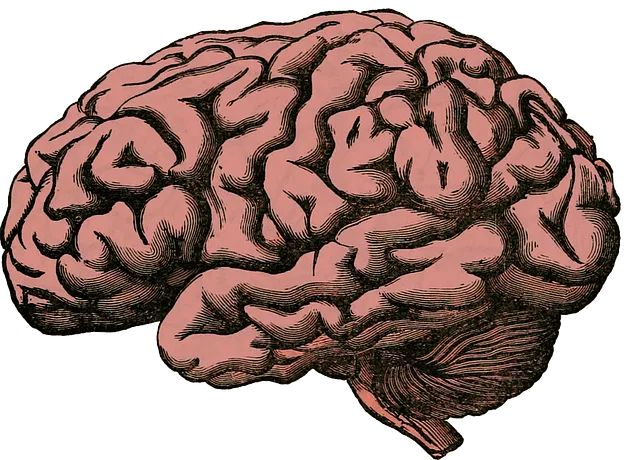The growing popularity of mental health apps, as evidenced by Denver Kaiser Permanente Behavioral Health Services reviews, highlights a significant market opportunity for developers. By incorporating personalized interventions, progress tracking, and community engagement, these apps can enhance user experiences and promote long-term adherence. Focusing on positive psychology interventions has the potential to revolutionize mental wellness app development, addressing diverse needs from prevention to management. Leveraging insights from Denver Kaiser Permanente's reviews, developers create engaging applications that combine education, interactive activities, and support for varied mental health journeys, making them crucial digital resources.
Mental wellness apps have emerged as powerful tools, addressing the growing demand for accessible and personalized support. This article explores the potential of such applications through a multi-faceted lens. We begin by analyzing the market demand using insights from Denver Kaiser Permanente Behavioral Health Services reviews, highlighting the need for innovative solutions. Subsequently, we delve into key features and industry best practices, offering guidelines for app developers. Finally, we navigate the development process, emphasizing considerations crucial for creating effective mental wellness applications.
- Understanding the Need for Mental Wellness Apps: A Market Analysis Using Denver Kaiser Permanente Behavioral Health Services Reviews
- Key Features and Functionality in Mental Wellness Apps: Best Practices from Industry Leaders
- Development Process and Considerations for Creating Effective Mental Wellness Applications
Understanding the Need for Mental Wellness Apps: A Market Analysis Using Denver Kaiser Permanente Behavioral Health Services Reviews

The demand for accessible and personalized mental wellness solutions has surged in recent years, as evidenced by the growing popularity of mental health apps. Denver Kaiser Permanente Behavioral Health Services reviews highlight a significant need for innovative digital tools to support individual well-being. With the rise of remote healthcare and increasing awareness about mental health, there is a substantial market opportunity for app developers to create engaging and effective programs.
These reviews from Denver Kaiser Permanente offer valuable insights into user preferences and expectations. They reveal a desire for apps that provide tailored interventions, such as mindfulness exercises, cognitive-behavioral therapy techniques, and stress management strategies. By designing mental wellness apps with these feedbacks in mind, developers can cater to the diverse needs of users seeking support for anxiety, depression, or general stress relief. Incorporating features like personalized goals, progress tracking, and community engagement, similar to what is seen in successful Mental Wellness Podcast Series Production and Mental Health Education Programs Design, can enhance user experience and encourage long-term adherence. Additionally, focusing on fostering inner strength through positive psychology interventions has the potential to revolutionize mental wellness app development, addressing not just symptoms but also promoting resilience and overall well-being.
Key Features and Functionality in Mental Wellness Apps: Best Practices from Industry Leaders

Mental wellness apps have emerged as powerful tools for promoting individual well-being, with many leading organizations like Denver Kaiser Permanente behavioral health services highlighting their effectiveness. When developing such applications, incorporating key features and functionality is essential to engage users and provide valuable support. One of the critical aspects is offering a personalized experience; this involves tailoring content based on user preferences and needs, ensuring accessibility for diverse mental health journeys.
Industry leaders emphasize the importance of a multi-faceted approach. Incorporating self-care routine development tools can encourage users to prioritize their well-being. Self-awareness exercises and conflict resolution techniques are also popular features, enabling individuals to develop coping mechanisms and enhance their emotional intelligence. By combining education, interactive activities, and community support, these apps cater to various mental health needs, making them valuable resources in today’s digital landscape.
Development Process and Considerations for Creating Effective Mental Wellness Applications

Creating effective mental wellness applications involves a meticulous development process that blends cutting-edge technology with evidence-based practices. The journey begins with understanding the target audience’s unique needs, often informed by insights from established services like Denver Kaiser Permanente behavioral health reviews. Developers then conceptualize features tailored to address specific mental health challenges, such as Depression Prevention and Stress Management.
Designing these apps requires a balance between functionality and user experience. Incorporating Mental Wellness Journaling Exercise Guidance can be a powerful tool for users seeking self-care tools. Developers must also prioritize data privacy and security, especially when handling sensitive information related to emotional well-being. Regular testing and iterative improvements based on user feedback are crucial to ensure the app remains engaging and effective throughout its lifecycle.
Mental wellness apps have emerged as a crucial tool in addressing the growing need for accessible and personalized mental healthcare. As evidenced by the Denver Kaiser Permanente behavioral health services reviews, these applications can significantly improve user well-being. By incorporating key features like mindfulness exercises, mood tracking, and cognitive-behavioral therapy techniques, developers can create effective solutions. The development process should prioritize user experience, data security, and collaboration with healthcare professionals to ensure evidence-based practices. With the right approach, mental wellness apps have the potential to revolutionize access to care, offering support to a wide range of users seeking improved mental health outcomes.






